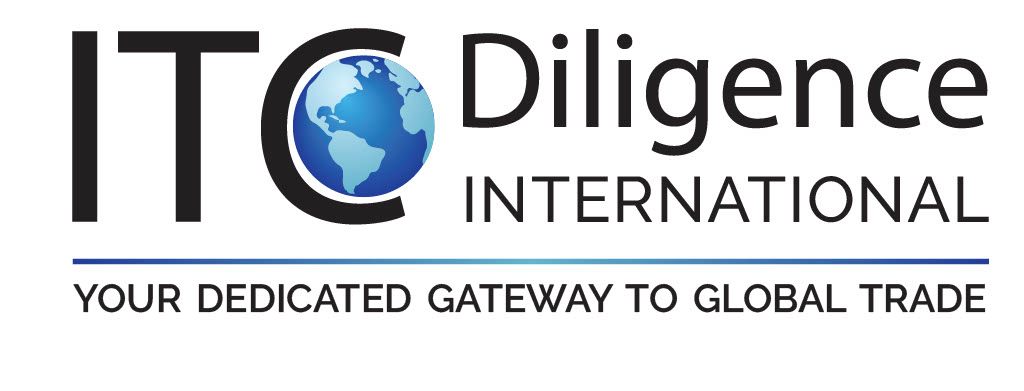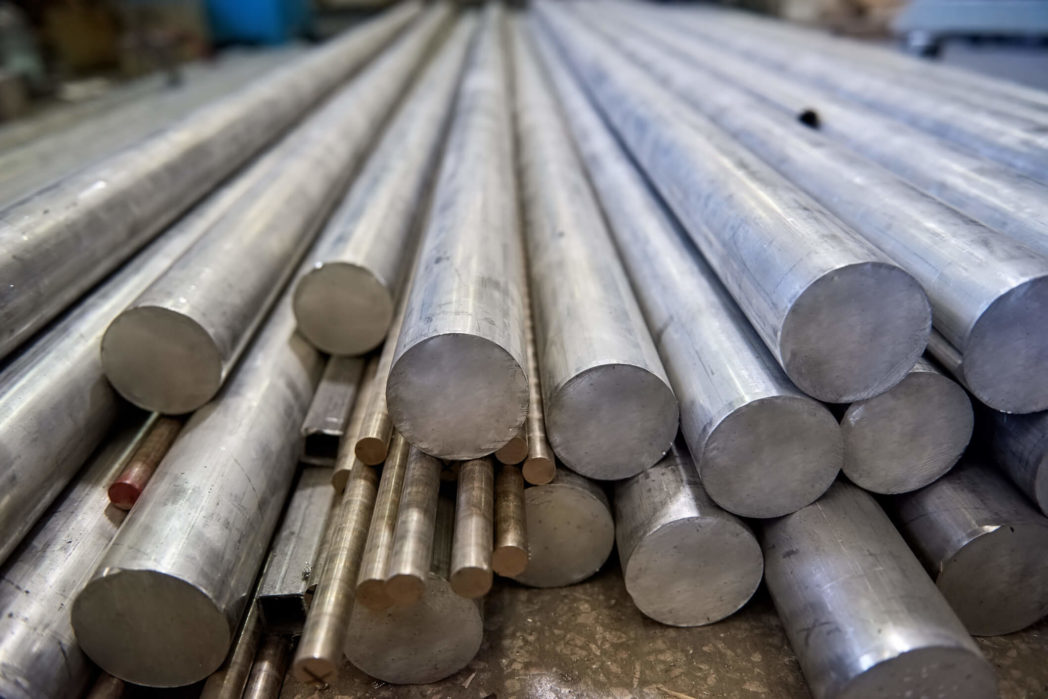From 2015-2017 there was a tightly regulated and documented amount of goods from every sector of the economy imported into the United States. For steel and aluminum, the amounts imported during these years will be the quota for what will become the new tariff structure going forward.
The Tariff Rate Quota, or TRQ, sets a standard of allowable goods into the US without tariff. If the amount of imported goods exceeds this standard, a tariff is imposed. This presents some incredible opportunities for importers of steel and aluminum, specifically from the EU. Where steel imports previously had a 25% tariff and aluminum imports had a 10% tariff, these resources are now allowed into our borders tariff free, as long as they are within the TRQ that is based on 2015-2017 importing averages. However, if the imported amount exceeds these guidelines, the 25% and 10% tariffs would then be applied on each resource, respectively.
What the US Trade Representative has essentially done is given businesses who import steel and aluminum a free pass up to a certain amount. This is fantastic news for importers in this sector. It’s not hard to see that more than ever these two elements are used in our everyday lives. The vehicles that drive us and our economy forward daily require both of these components. Computers that everyone from corporate executives to introspective writers use contain steel and aluminum. Even in space research and exploration, where the limits of who we are as a species are pushed to the edge, steel and aluminum is needed.
As time goes on, it’s clear to see how the demand for these goods will continue to rise.
Most people will agree, since 2017 the way our world does business has drastically changed, and 2015 feels like a distant memory. The needs and demands around precious metals and goods have also changed which presents a unique scenario for any importer who has experienced growth since 2017. How do they deal with the tariff that will be imposed on the goods they will inevitably be bringing into the US that are over the TRQ? It’s a liability item that can seriously destroy any profitability and it’s exactly the type of problem experts at ITC Diligence have been solving for importers and exporters since 1971.
ITC Diligence, Inc. has an impressive half century track record solving problems every importer and exporter of US goods is faced with:
- Reporting Annual & Reconciliation reporting assistance with FTZ regulations
- Representation Zone Operators are given a voice to further the initiatives of the FTZ program.
- Regulatory ComplianceLiaison between US Customs, the FTZ Board, Grantees, and other government agencies.
- Timely Auditing As needed, assist in Operator audit to reinforce any compliance guidelines.
- Staff and Management Training Training is ongoing and as the Operator needs or requests it can be done.
- CBP Procedures are updated at times, which will also require updated training.
Applying for an FTZ to help offset the costs associated with custom border tariffs and duty fees is also what ITC Diligence, Inc. does on a daily basis. Knowledgeable staff will guide business owners through every step of the process to make sure the proper paperwork is completed and followed up with so they can begin enjoying the benefits of Foreign Trade Zone flexibility and control.
It’s important to note, saving money is not the only goal when ITC Diligence, Inc. is strategizing with business owners. Foreign Trade Zones also give control to the importer on how and when they pay these tariffs and duty fees. Goods can be stored indefinitely within an FTZ and held without tariffs or taxes until the importer of such goods is ready to move them to the next function in the supply chain. When these goods are moved will most likely be dictated by the current political climate or enacted monetary policy, and by holding goods in an FTZ it puts the importer in the driver seat to make that decision when they feel the timing is right.
ITC Diligence, Inc. is the consultant needed for any business owner to know what time and method is right in which to move these goods without triggering any regulatory landmines. Now that the US Trade Representative has lifted Section 232 tariffs on steel and aluminum in favor of using the EU established Trade Rate Quota there will likely be a large surge of imports of these two commodities. Recent headlines have all been eyebrow raising and paint a deeply concerning picture of our ports as they continue to struggle handling the current level of imports coming into the country. This significant change in tariff conditions means we could see the demand for these jobs skyrocket as well.
As the embers of a heated trade war subside, rest assured knowing ITC Diligence, Inc. has seen government trade face-offs before and can guide businesses through the most challenging commerce environments.

